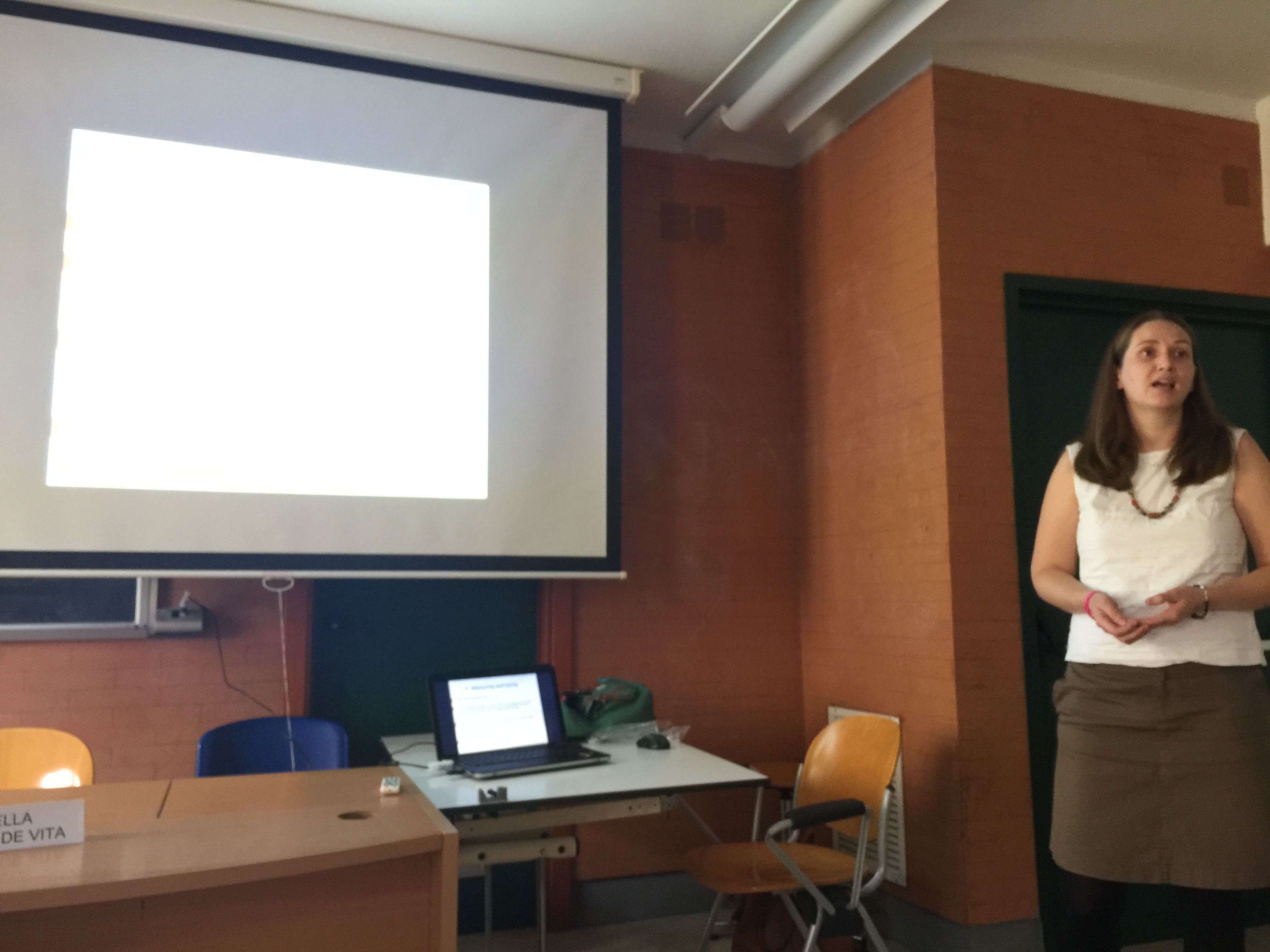
14Dec
XI Giornata di Studi INU INTERRUPTIONS, INTERSECTIONS, SHARINGS AND OVERLAPPINGS. New perspectives for the territory
INU Study Day is an annual scientific conference organized by the Italian Planning Institute (INU) in order to promote an international debate about the main planning issues and challenges.
In 2018, Parallel Sessions addessed the following topics: Politics, policies, tools, actors; Landscape, cultural heritage, Unesco heritage; Regeneration, recovery, reuse and resilience; Arts, handicraft, local products, tourism, creativity; Urban project and healthy and happiness public spaces; Physical networks, virtual infrastructures; New territorial perspectives with drones, 3D printing, electronic games, robotics.
Within the Conference, the IRISS CNR research group promoted a Special Session “Adaptive Reuse of Cultural Heritage and Circular Economy: the CLIC approach” by Luigi Fusco Girard and Gabriella Esposito De Vita. The Special Session combined many relevant topics of the conference such as regeneration processes, reuse, landscape and cultural heritage as well as policies, tool and actors.
The Session included interdisciplinary contributions to the adaptive reuse of cultural heritage developed within the framework of the CLIC project, focused on the Circular Economy as a “regenerative” model based on the reduction of wastes and the optimization in the use (and reuse) of natural resources. The experiences of early circular economy applications show that cooperative models are key to success, since they are able to create the necessary linkages and synergies to “close loops” and create new value from economic, social, cultural and environmental resources.
In the Special Session, the circular approach to the cultural heritage was discussed in terms of background, aims, challenges and possible tools: community engagement procedures, evaluation tools, financial and business models and decision support systems.
Download CLIC Project presentations:
- CLIC Project presentation – Luigi Fusco Girard
- TOWARDS MULTI-CRITERIA ANALYSIS FOR CIRCULAR ECONOMY IN ADAPTIVE REUSE OF CULTURAL HERITAGE: TWO CASE-STUDIES – Christian Ost
- Creative adaptive reuse of cultural heritage for urban regeneration – Gaia Daldanise, Stefania Oppido, Immacolata Vellecco
- Circular governance models for cultural heritage adaptive reuse: the experimentation of Heritage Innovation Partnerships – Antonia Gravagnuolo, Stefania Ragozino, Cristina Garzillo
- The influence of values on the composition of well-being indexes from the perspective of cultural heritage and circular models – Magda Roszczynska-Kurasinska, Anna Domaradzka
